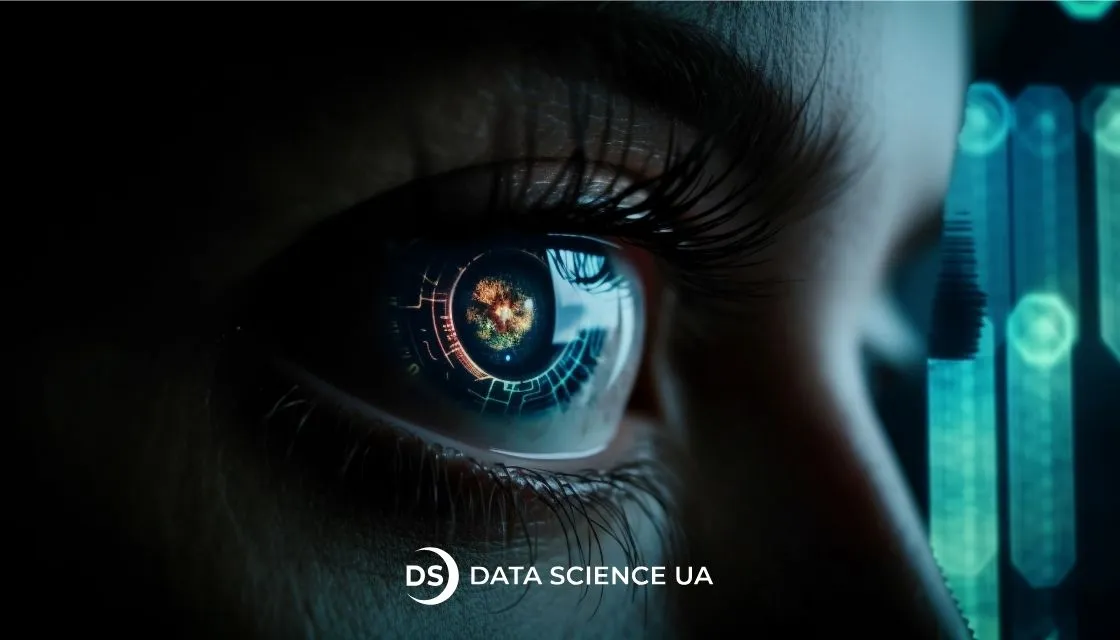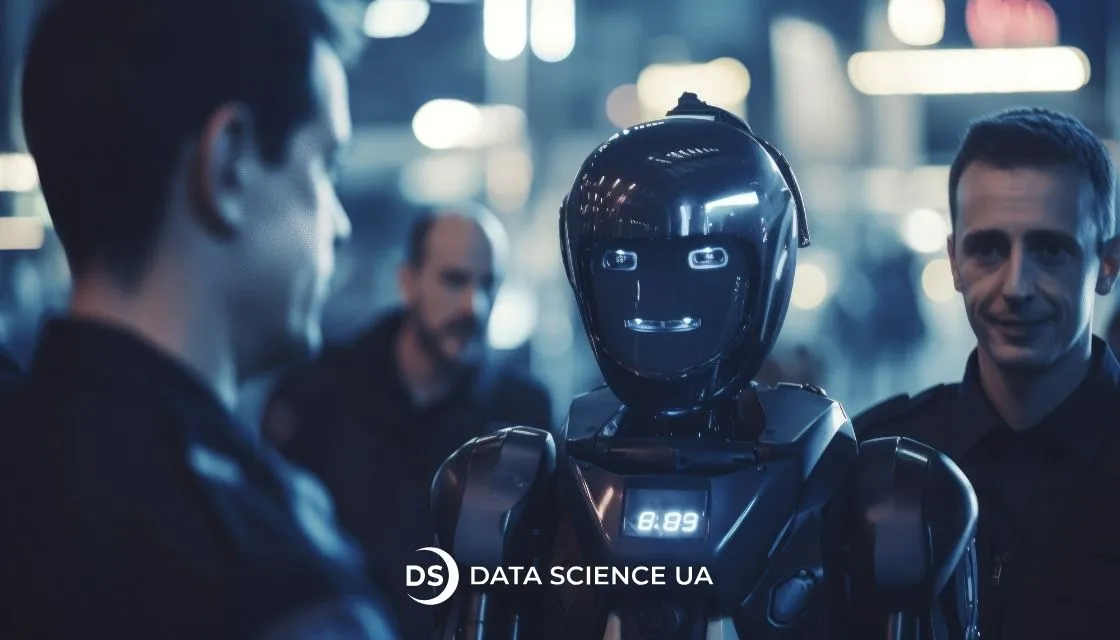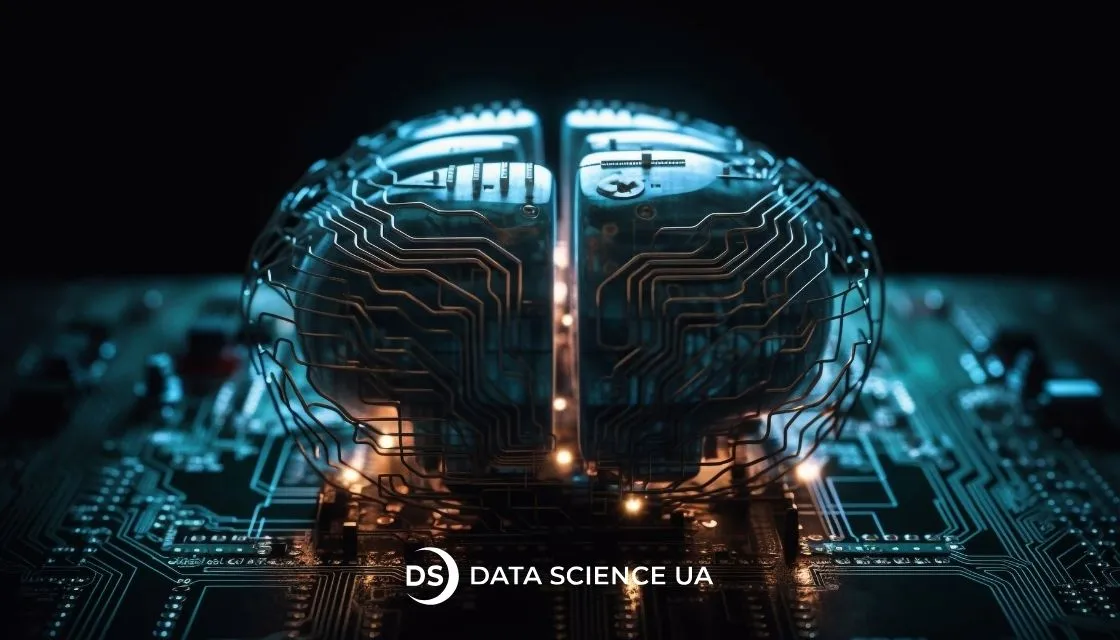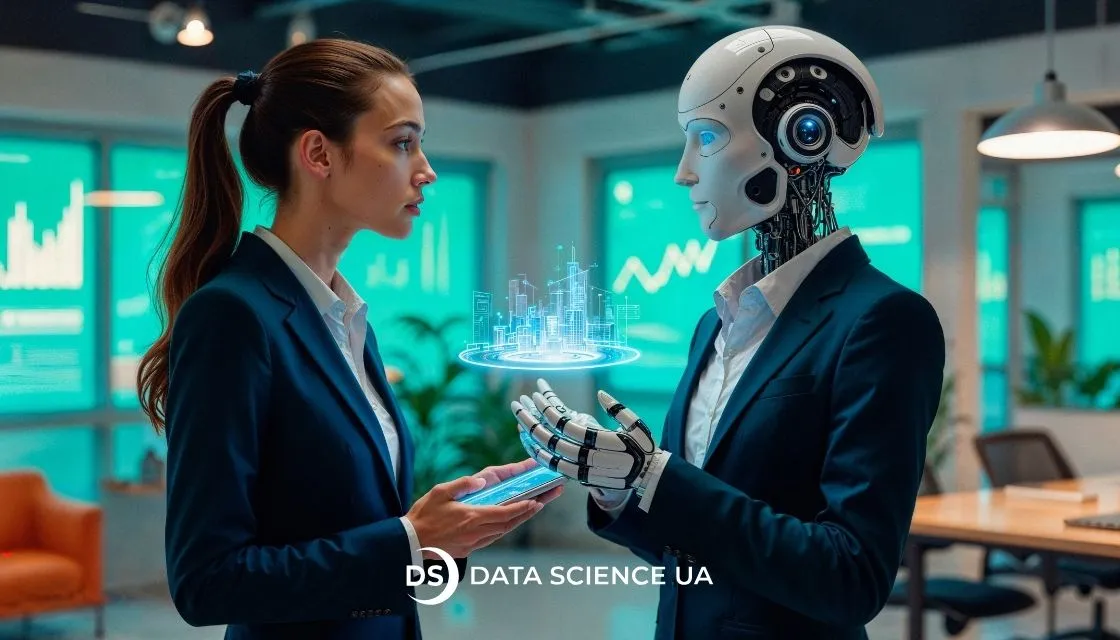What is Generative AI?
Generative AI is a sort of artificial intelligence that uses its previous experiences to build new things. It can create pictures, text, or music that look, read, and sound like the knowledge it has learnt. When it comes to developing new medications, generative AI can assist by brainstorming new therapeutic concepts or determining what fresh drugs could accomplish. This technique is critical to drug discovery. If you want to learn more about how AI sees and understands images, check out Computer Vision Software Development.
Generative AI Techniques for Drug Discovery
Generative AI is transforming the way we discover new drugs by utilizing intelligent technology that can think and learn. This makes it faster and easier to generate new pharmaceutical concepts. Let’s look at some examples of how generative AI is used in drug development and finally figure out what is the role of generative AI in drug discovery.
Generative Adversarial Networks (GANs)
Generative Adversarial Networks, or GANs, are a cool method in which two AI systems, known as generators and discriminators, compete against one other. This promotes the formation of novel and different molecular structures that differ from those previously recognized. GANs serve an important role in generative AI drug development, assisting scientists in developing novel solutions to health concerns.
Reinforcement Learning
Reinforcement Learning (RL) is another way in which an AI learns to make better decisions by receiving rewards when it performs correctly. In drug development, this method is used to progressively change and enhance the design of molecules, making them more effective as potential treatments. Reinforcement Learning is important in understanding the role of generative AI in drug discovery since it directly influences how chemical structures are optimized.
Natural Language Processing (NLP)
Natural Language Processing (NLP) can decipher the chemical language used to describe molecules, such as SMILES. Using NLP, AI may develop new molecular designs by learning from massive chemical information libraries. This capacity is critical when using generative AI for drug discovery since it opens up new options for developing effective and unique therapeutic molecules.
These strategies demonstrate how generative AI is generating substantial advances in drug development, providing new ways to address the difficulty of developing effective and safe pharmaceuticals. By automating and improving the molecular design and analysis process, generative AI is proving to be a useful asset in the pursuit of better healthcare solutions.
Role of Generative AI in Drug Discovery
Generative AI is revolutionizing drug discovery, making it faster, more efficient, and highly personalized. Here’s a deeper look at how new technology is reshaping the pharmaceutical industry.
Accelerated Molecule Generation
One of the primary roles of generative AI in drug discovery is to accelerate the development of novel compounds. Normally, this procedure would take chemists a long time to do manually. However, AI can automate much of this effort, rapidly producing new chemical structures that could become the next big drug.
Virtual Screening Enhancement
Generative AI also helps with virtual screening. This is a technology in which computers rapidly evaluate millions of substances to determine whether they are potential medications. AI accelerates this screening, allowing scientists to identify promising candidates sooner.
Expansion of Compound Libraries
Another essential aspect of generative AI in drug discovery is its ability to extend chemical libraries. AI can take known substances and tweak them to produce numerous new, distinct forms. This significantly expands the variety of chemicals that may be studied for pharmacological applications, improving the chances of identifying effective new treatments.
Personalized Treatment Options
Generative AI is ideal for developing tailored medicines. It can evaluate a person’s genetic information and assist in the development of pharmaceuticals that are tailored to their individual needs. This personalized strategy may result in improved health outcomes and fewer negative effects.
Identification of Biomarkers
AI is also effective for discovering new biomarkers, or indications in the body that indicate the presence of a disease. By recognizing these, AI contributes to the development of more tailored medicines that directly address underlying health concerns.
De Novo Drug Design
Generative AI can create new medications from scratch, without relying on pre-existing structures. This “from scratch” method enables the development of therapeutic molecules that are perfectly suited to treating specific medical diseases, without being constrained by past designs.
Drug Repurposing Strategies
AI can also discover novel applications for current medications. This approach, known as drug repurposing, can save time and money by utilizing pharmaceuticals that have previously been developed and approved for other applications. By doing so, AI contributes to the faster and more cost-effective delivery of therapies to the market.
How do companies achieve the data-driven decision-making process?
At Data Science UA we assist companies in extracting real value from unstructured data sources
Optimization of Drug Candidates
Finally, generative AI is critical for optimizing medication prospects. Before medications enter costly testing phases, AI may optimise their designs to maximise effectiveness while minimising potential side effects.
These characteristics demonstrate generative AI’s transformational impact on drug discovery. AI saves time and resources by speeding up and improving the medication development process, but it also opens up new avenues for treating diseases more effectively and personally. This emphasizes the importance of generative AI in drug discovery, as it pushes the limits of what is currently feasible in medicine.
Advantages of Generative AI for Drug Discovery
Generative AI is having a significant impact in the field of drug discovery. This unique technology has various advantages that serve to streamline the process of generating new drugs. Here’s how generative AI makes a difference:
Expediting the Drug Discovery Process
A key role of generative AI in drug discovery is to accelerate the entire process. Normally, developing a new drug requires years of research, but AI can automate and optimize several procedures along the route. This shortens the time required to get from a concept to a possible pharmaceutical candidate, allowing medicines to reach patients sooner.
Cost Reduction
Cost is a major consideration in medication research, and generative AI can dramatically reduce these expenses. AI can help pharmaceutical businesses save money by speeding up the drug discovery process and lowering the number of unsuccessful studies. This helps the businesses as well as patients by possibly lowering costs.
Facilitating Personalized Medicine
Personalized medicine is all about determining the best treatment for the appropriate patient at the right time. Generative AI plays an important role in this area by assessing data from individual patients and tailoring treatments to them. This focused strategy can improve therapeutic efficacy while reducing adverse effects, making it an important tool in modern healthcare.
How do companies achieve the data-driven decision-making process?
At Data Science UA we assist companies in extracting real value from unstructured data sources
Forecasting Clinical Trial Success for Drugs
Generative AI also helps predict how likely a drug is to succeed in clinical trials. By using predictive models, AI can analyze the potential outcomes of a trial before it even starts. This helps researchers to concentrate on the most promising medications, saving time and money.
Addressing Data Constraints
One of the hardest tasks in drug discovery is the lack of adequate data to make rational decisions. Generative AI can circumvent this by producing synthetic data sets that resemble real data. This is particularly advantageous when actual data is limited or difficult to get, allowing research to continue without delay.
Challenges of Generative AI in Drug Discovery
While generative AI has transformed the process of discovering novel medications, there are various difficulties that must be solved. These concerns illustrate the complexities and difficulty of properly incorporating AI into drug research operations.
Limited Model Interpretability
One of the primary challenges with generative AI in drug discovery is that it is frequently difficult to understand how the AI models make decisions. This is difficult, especially in medical fields where knowing the ‘why’ behind a choice is just as important as making the decision. The lack of transparency can make it difficult to trust and deploy AI in healthcare settings.
Risks of Model Distortion and Inaccuracy
AI models are only as good as the data from which they are trained and developed. These models may occasionally produce molecular structures that are inaccurate or unrealistic. This typically occurs when the AI is trained on faulty or biased data, or when the model is poorly built. Such mistakes might cause delays in medication development, squandering time and resources.
Challenges with Bias and Limited Generalization
Another issue is that AI models may become biased. This means that the AI may function well on the data it was educated on but struggle to work well with new or different types of data. This constraint may reduce the applicability of generative AI across.
Complexities Arising from the Chemical Space
The chemical space, which encompasses all potential chemical compounds, is enormous and complex.Exploring this field to uncover possible new drugs poses a significant challenge for AI systems. Training AI to reliably anticipate and validate new compounds in this vast space necessitates advanced modeling techniques and a thorough understanding of chemistry.
Significant Infrastructure and Computational Expenses
Finally, establishing and maintaining generative AI systems for drug development necessitates a significant amount of processing power and advanced infrastructure. These are expensive to buy and maintain, which may be unaffordable for smaller research groups or universities.
Despite these limitations, knowing the function of generative AI in drug discovery aids researchers and developers in overcoming them. Continuous advances in AI technology and improved data management procedures are gradually overcoming these challenges, making generative AI more trustworthy and useful for drug discovery. This ongoing expansion demonstrates the promise and rising relevance of generative AI for drug development, which helps to push the boundaries of what is possible in medicine.

AI trends 2025 – Top innovations
read MORE

Future Prospects of Generative AI in Drug Discovery
The significance of generative AI in drug discovery is expected to grow even more crucial in the future. With continual advancements in AI technology, the potential for developing novel medications grow. Continuous research and collaboration between AI specialists and biochemists are essential. This partnership is critical for overcoming the hurdles that generative AI now confronts and realizing its full promise in drug discovery.
Conclusion
Generative AI has the potential to significantly transform the pharmaceutical business. It offers intriguing new possibilities for accelerating the discovery of new drugs, lowering costs, and developing treatments that are tailored to individual patients.To fully realize these benefits, current AI technology limitations must be addressed, such as model accuracy and the capacity to manage complex data. By dealing with these issues, generative AI for drug discovery can achieve its full potential and become a cornerstone of future medical advances. This highlights generative AI’s transformational significance in drug development, as well as its growing importance in influencing the future of healthcare.
FAQ
How does generative AI aid in the creation of new molecules with desired properties?
Generative AI accelerates the design of new molecules with desired properties by learning from vast datasets of chemical structures and their associated properties, thus enabling rapid prototyping of novel compounds.
How can generative AI be integrated into existing drug discovery workflows to maximize its benefits?
Integrating generative AI into existing workflows involves training models on relevant data, implementing AI-driven simulation and prediction tools, and continuously refining AI outputs based on experimental feedback.
How does generative AI help in mitigating data limitations in drug development?
Generative AI can generate synthetic data that mimics real experimental data, which is particularly useful in scenarios where actual data is limited or hard to collect.
What are some examples of successful applications of generative AI in drug discovery?
Examples include AI-driven design of anticancer drugs, generation of novel biomarkers for disease diagnosis, and repurposing existing drugs for new therapeutic uses.











